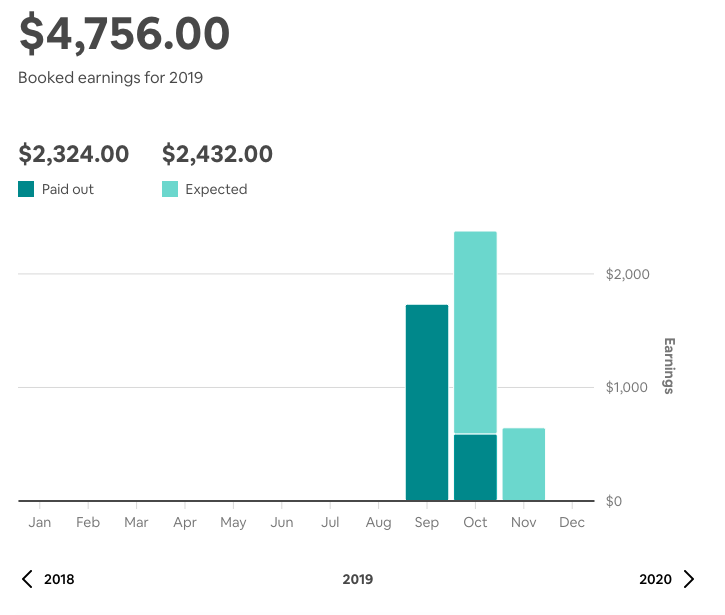

Encouraged by the soaring demand and record-low mortgage rates, investors jumped into the market, buying up homes in attractive locations and marketing them to the rising wave of vacationers and remote workers. AirDNA estimated that bookings increased year over year by about 21% in 2021 and by another 21% in 2022. Some wondered aloud if home-sharing would even exist when the world emerged from lockdowns.īut not only did Airbnb and competitors like Vrbo survive - they flourished. Bookings collapsed by more than 50% in New York, Seattle, and San Francisco, and the company's valuation plunged by $5 billion, or nearly 16%, as it prepared to go public. The makings of an AirbnbustĮarly in the pandemic, the future of Airbnb looked grim.

The industry is growing up - and that's good news for everyone involved. Whichever way cities go, it's clear that the Wild West days of Airbnbs are swiftly drawing to a close.

That leaves local governments with a decision to make: Accept the boom-and-bust cycle that can come as a result of letting short-term rentals run wild, or craft rules to keep hosts happy and bring peace of mind to residents who fear their neighborhoods could one day be overrun by mini-hotels. Regardless of their approach, most cities can't afford to lose the tourism dollars that flow from short-term rentals. Other places have cracked down and capped the number of permits, pacifying concerned citizens and preserving the profits of existing Airbnb owners.

Some cities have allowed vacation-rental listings to multiply virtually unchecked, setting the stage for an oversupply that has come back to bite investors. Rather than a collapse of the industry, the increasingly bifurcated state of the market - a bust for some, a boom for others - is a clear sign that we have hit a turning point in the long-running battle over short-term rentals. The number of nights booked at US short-term rentals reached a record high in 2022, as did total revenue, according to AirDNA, which tracks properties listed on the vacation-rental sites Airbnb and Vrbo. It often indicates a user profile.īut the hand-wringing over the idea of a downturn ignores a conflicting, but undeniable, reality: The short-term-rental business is bigger than ever, and some operators are thriving like never before. Account icon An icon in the shape of a person's head and shoulders.


 0 kommentar(er)
0 kommentar(er)
